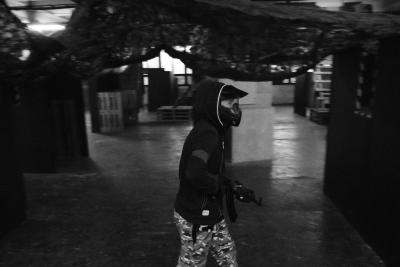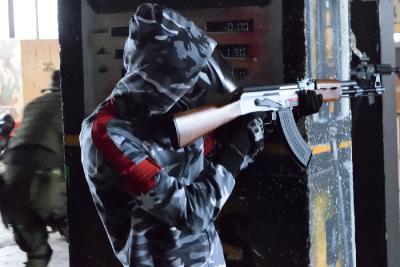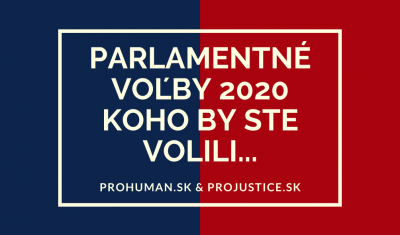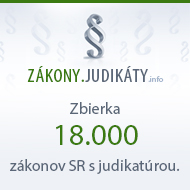Development of the Department of Object Protection
Abstrakt: Autor článku venuje svoju pozornosť jednotlivým etapám celkového vývoja služby ochrany objektov a taktiež jeho základnej štruktúre a pôsobnosti jednotlivých úloh. Medzi tieto hlavné úlohy sa zaraďuje zaisťovanie bezpečnosti, verejného poriadku, ochrany života, zdravia a majetku.
Kľúčové slová: bezpečnosť, ochrana, ochrana objektov, polícia, verejný poriadok.
Abstract: The author of the article pays attention to the individual stages of the overall development of the Department of Object Protection as well as its basic structure and scope of individual tasks. Ensuring safety, trust, life, health and property is one of these main tasks.
Key words: security, protection, protection of objects, police, public order.











